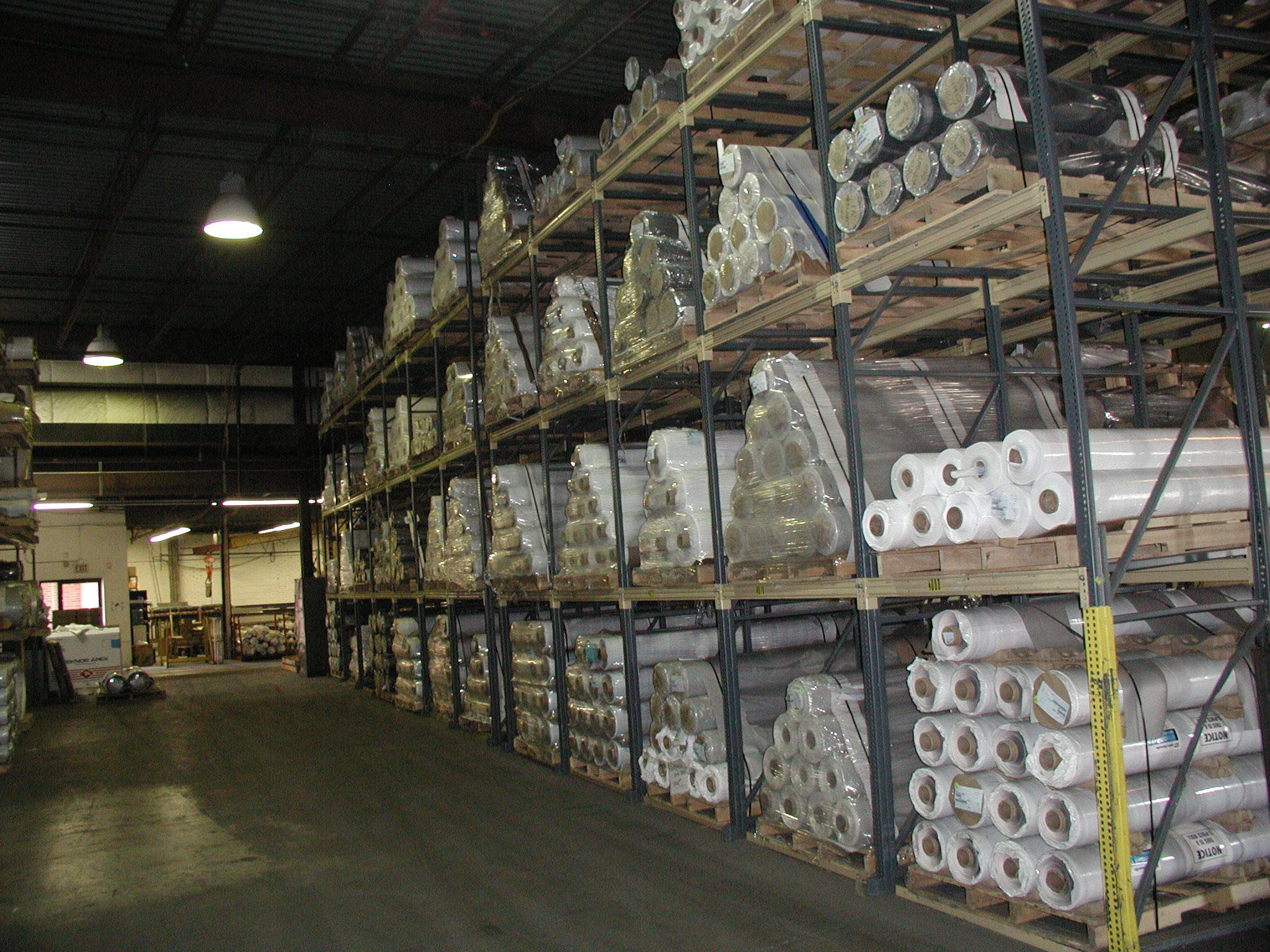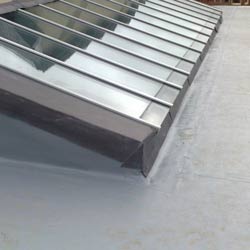Stuck up in the sky, left to brave the elements, it’s easy to overlook the importance of roofing materials yet they are one of the most critical elements in house construction.
Keeping you warm, dry, sheltered and protecting the rest of the property against damage and disrepair, it’s essential to get the right type of roofing materials to suit your needs.
Whether you’re starting out with a new building project, working on an extension or upgrading your existing roofing system, you want to be sure that you’ve chosen the most suitable and effective materials for the roof.
Roofing may not be something you have thought about before; this brief guide will give you some ideas of the factors you should consider when you are looking for your essential materials.
Weather
In the UK winters can be cold, but not everywhere is likely to be exposed to the same degree of Arctic conditions.
Although Britain has notoriously unreliable weather, it is possible to make certain assumptions which can help guide you when selecting the right roofing materials.
For example slate roofs can be one of the most expensive materials to pick but the end result is simply stunning. However, slate roofing cannot withstand heavy loads so if you live in the north of the country and regularly encounter significant snowfall in the winter months, it may not be the right choice for you.
On the flip side, fibreglass shingles are not only a cost-effective measure but also resistant to both corrosion and rotting. This can make them an excellent roofing material for coastal properties where the salty air can be abrasive.
Maintenance
Cleaning a roof is not the same as cleaning a window; no sane individual is clambering out onto their chimney pot each week to scrub down their tiles.
However, maintenance is something worth considering before you purchase the materials for your roofing. There is a very wide variance in the type and amount of maintenance which is required for each material.
Clay tiles can be more expensive to start with but have so little on-going maintenance, in the long term the costs may balance out, particularly as they are also very durable. Slate roofs again unfortunately, whilst incredibly tough and durable on the right property, need a fair amount of TLC to keep them in tip top condition.
Energy efficiency and eco-friendliness
A factor which is becoming increasingly important to home-owners is the energy efficiency of the materials they select and whether they have been sourced responsibly.
The level of importance you put upon this criteria is very much a personal thing and may also depend upon your budget.
Tile roofing is one of the most energy efficient types of roofing that you can pick but it will cost you more initially. However, your overall energy use and subsequent carbon footprint will reduce as a result and over the years you may find you end up better off.
At the opposite end of the spectrum is asphalt shingles, one of the most popular types of roofing in the UK. Cheap, cheerful and easy to install, it’s not difficult to see why it’s chosen so often. Unfortunately, although it is a very economical option, it’s not particularly durable and is also not an environmentally friendly choice.
If you are willing to think a little differently, you might want to consider green roofing. This involves planting live foliage onto your roof which doesn’t just offer a whole host of environmental benefits, but also delivers top of the range energy efficiency for you too.
Delving deeper
When we think of roofing, most of us simply think about the part we can see but a roof is a far more complex entity than we realise.
The roof of a property is the first line of defence, sheltering the rest of the house against the elements and taking the brunt of the weather. Slapping a few tiles is therefore never going to be sufficient to provide the waterproofing which is absolutely vital.
Delve below the surface of your chosen roofing and you will see there are many more layers underneath. And it is your choice of material here which can make the difference between adequate and excellent roofing.
A vapour control layer, thermal layer and a waterproofing layer are all normally required in a typical roof construction. Bitumen and felt were the materials used to waterproof and to prevent vapour seeping through to the house below for many years but in recent times, they have been largely superseded by the use of single ply thermoplastic membranes.
Selecting the right type of membrane can make a vast difference to your property. A modern single ply membrane is heat fused, making it strong yet flexible, thereby allowing it to be easily fitted. Despite the convenience and speed it can be installed, it has a number of other benefits such as its long life span, and ability to contract and expand with the building. This helps to preserve a tight seal even in very cold or warm conditions.
Value for Money
Unfortunately for many of us, cost has to be taken into account when we choose our roofing materials. But wherever possible it is a good idea to look beyond the initial cost and instead consider how much the materials could cost or save you in the long term. Interloc Roofing Specialists can help, give us a call on 0870 050 5925 and we will offer expert impartial advice on the best materials for your flat roof.
Roofing should always be considered as an investment and if you try and cut corners now, the chances are you will be spending more money sooner rather than later. By making sure you have top quality membranes protecting your property from the inside out, covered by durable and tough materials which – preferably! – require little maintenance you might just find the extra expense pays for itself.
Conclusion
There are many factors to consider when you are sourcing your roofing materials but perhaps one of the most important things to look for is a company you can trust. Finding an established roofing firm who have a proven track record means you will have access to professionals who have the knowledge and experience to provide you with the advice you need to get the job done well.




